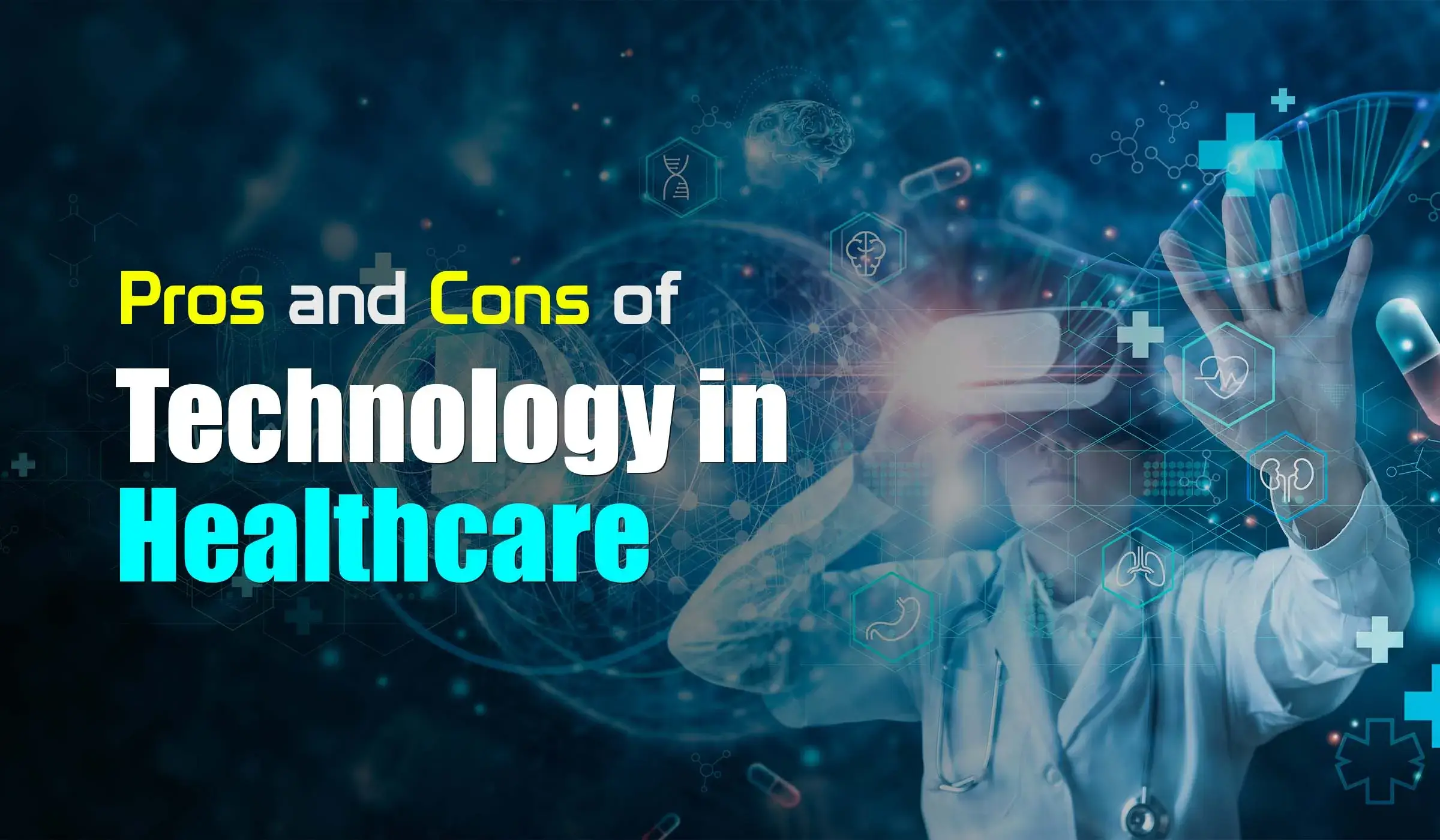
pros and cons of technology in healthcare?
Technology integration in healthcare has progressively increased in the last two decades with considerable impacts. Here’s a detailed exploration of the pros and cons: In the following essay, there is a closer look into the pros and the cons of healthcare.
Pros:
Improved Patient Care: Technological advance provides enhanced diagnosing and treatment to the patients and the quality of care thus increasing patients’ throughput and care.
Efficiency Gains: EHRs reduce paperwork, simplify administrative tasks, improve providers’ communication and consequently – increase the overall effectiveness of healthcare.
Telemedicine Advancements: Non-face-to-face consultations and home telemonitoring enable the delivery of medical services at the patients’ accessibility and cause low-stress levels to the patients during travels.
Medical Research Advancements: Technology can enhance the development of medicine by enabling the collection of information, data analysis, and sharing of results among researchers all over the world hence improving the rate of finding discoveries and better treatments.
Patient Empowerment: Self-monitoring technologies are designed and used by patients and are in the form of health apps and wearable devices to help patients do more to enhance the quality of their lives, the food that they take and the way they manage chronic diseases.
Precision Medicine: Genetic testing and the use of maps of the human genome, individual treatment depending on the genetic predisposition increases the efficiency of therapy due to individual characteristics of patients’ bodies.
Read More:
Exploring the Pros and Cons of Technology in Today’s World
Cons:
Costs: This can be expensive for healthcare organizations or in organizations within developing countries hence making it difficult for those organizations to acquire and maintain healthcare technology systems hence may lead to unequal venture in the venture of advanced healthcare services.
Data Security Risks: The use of digital human records in the management of health records raises concerns on the dangers of data hacking and impersonation of patient identity thus putting the patient’s privacy and confidentiality at risk.
Technology Dependence: When patients overemphasize the role of technology, the patient’s human experience can be diminished and human touch reduced, which in turn can influence the patient-physician relationship and patient satisfaction.
Digital Divide: As a result, not all patients can avail or learn to use digital health tools or resources to their advantage worsening social inequalities in health care.
Workflow Interruptions: Lack of interoperability between the EHRs and other health IT tools may result in various technical problems like system downtime that may slow down healthcare processes and even threaten patients’ safety.
Ethical Concerns: Augmented care systems such as AI in the management of health deal with forms of dubious nature such as data control, the prejudice of algorithms and the right to make autonomous decisions.
The use of technology in healthcare has both benefits and challenges: Meaning, advantages, and disadvantages of technology in the course of providing healthcare.
Benefits:
Improved Quality of Care: Technology increases our odds in getting more information and hence, the odds of identifying the correct type of treatment to apply in the right condition.
Efficiency: Control of processes inspires efficiency in the provision of healthcare services through the application of the best practices that incorporate the use of technology in executing the set healthcare goals and objectives.
Patient Safety: Inefficient and ineffective systems get eliminated allowing for patient safety due to the use of technology.
Communication: Another benefit of EHRs and telehealth is that it increases the interaction between caregivers.
Challenges:
Costs: This sometimes proves costly particularly when considering the costs of implementation and maintenance of the technology.
Depersonalization: It may also limit the aspect of professional touch that many patients would expect when receiving treatment.
Privacy Concerns: The patient data and the patient’s privacy are very sensitive aspects that need to be protected.
Cybersecurity Risks: Healthcare information technology systems put at risk through cyber attack
Therefore, there are strong advantages of technology in the health sector including increased customer focus, improvement of working processes, and innovations in research and treatment, but there are certain disadvantages which are for instance the costs of technology, the security of information and ethically sensitive issues. Balancing the positive utilization of information technology in the healthcare sector and managing the negative impact is the secret towards achieving more advancement and benefits in the healthcare delivery system of patient outcomes.
Read more:
Demystifying the Power of Blockchain Technology: All You Need to Know about Blockchain Technology
